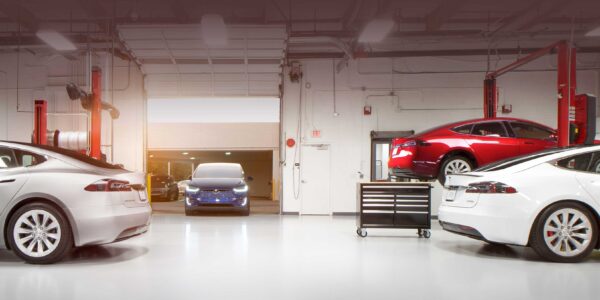Queensland government rejects proposal to include EVs in sparkie licence
- PostedPublished 6 February 2024
Queensland’s automotive service and repair sector breathed a sigh of relief as the state government stepped back from a controversial proposal that only licensed electricians should perform work on electric vehicles.
The proposal, initially tabled in 2023 as part of the Electrical Safety Act review, was put forward by the Queensland Electrical Safety Office but vehemently opposed by automotive groups including Motor Trades Association of Queensland (MTAQ), Australian Automotive Aftermarket Association (AAAA) and Heavy Vehicle Industry Australia (HVIA).
Citing the need for more comprehensive discussions around electrical safety in the context of EVs, the Queensland government decided not to implement the recommendation as proposed and rejected a proposal to extend the electrical licensing framework to cover electric vehicles.
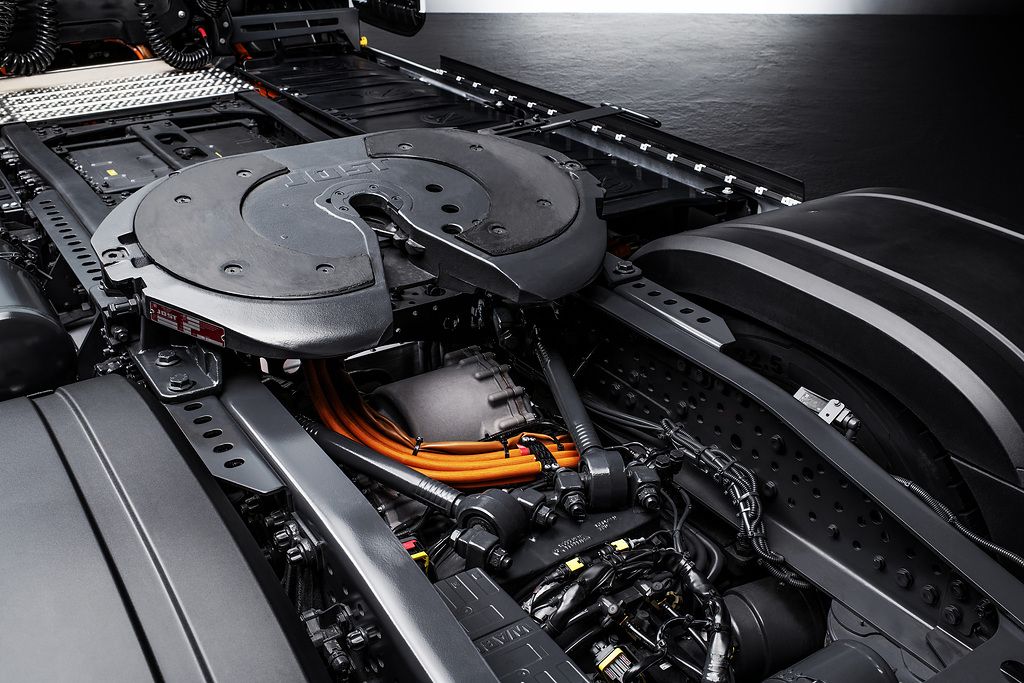
HVIA transport policy and legislation adviser Greg Forbes and AAAA CEO Stuart Charity both hailed the decision as a victory for common sense.
“The original discussion paper considered extending the electrical licensing framework to cover electrical vehicles, said Mr Forbes.
“HVIA argued that this would impose considerable costs and delays onto the industry for no additional benefits. Our view is that the existing arrangements using the TAFE system and ADRs work well, and it seems that many other responses to the discussion paper expressed similar views. It is always pleasing when the government listens to industry concerns.”
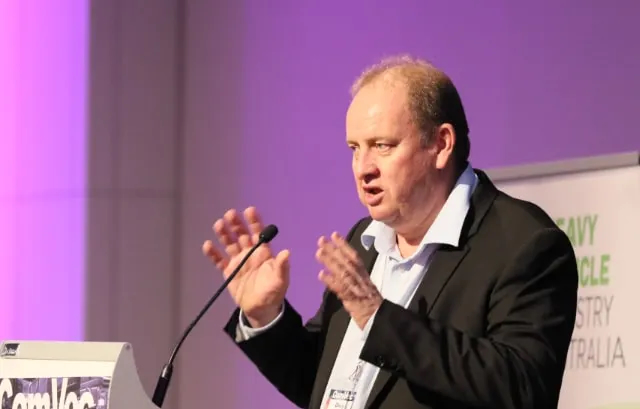
Highlighting the impracticality of mandating electricians for EV work, Mr Charity emphasised potential consequences such as increased costs for businesses and consumers, longer service appointment wait times, and the possibility of unqualified individuals attempting DIY repairs on electric vehicles.
“We are a responsible industry, with sound occupational health and safety practices,” he said.
“Many light vehicle technicians have already completed EV safety training and our research indicates that the majority of the sector will have completed this training in the next three to five years.”
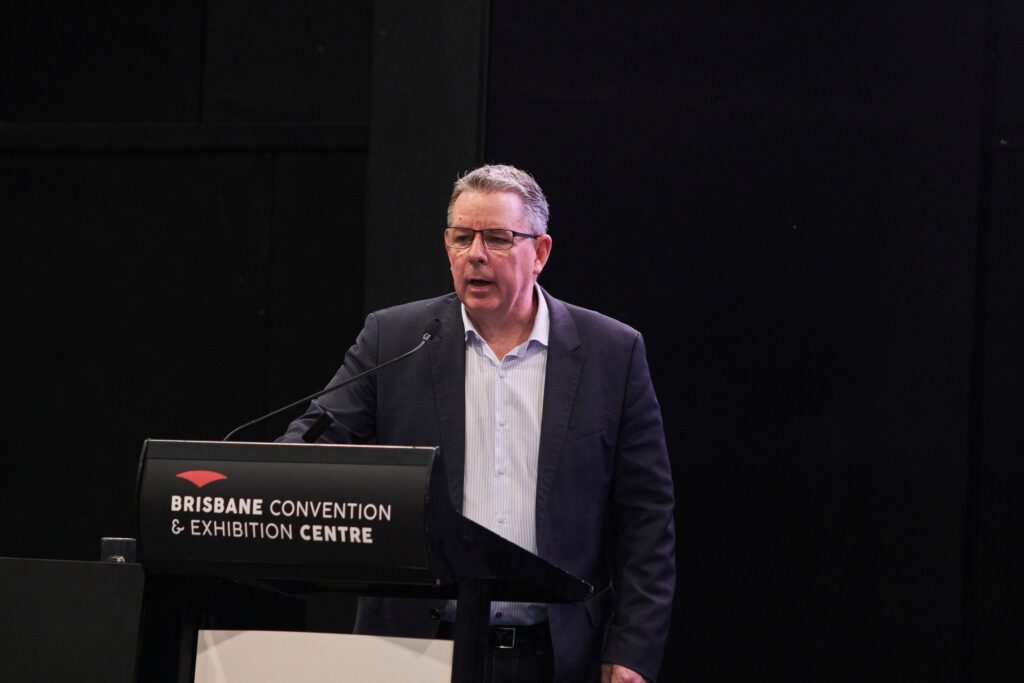
MTAQ CEO Rod Camm said that when the Electrical Safety Act review was published last May he was “astounded that neither MTA Queensland nor any other automotive association had been consulted in its development, despite the potentially catastrophic impact the recommendations would have on our industry”.
“While there is still work to do, it is encouraging to see the Queensland Government take our concerns under advisement and reject the initial recommendation.”
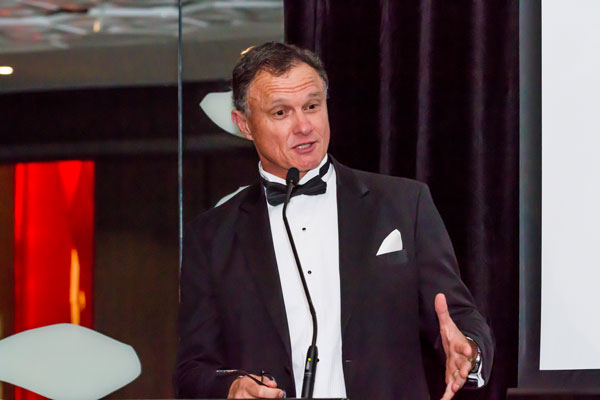
AAAA government relations and advocacy director Lesley Yates expressed concerns about state-specific regulations potentially undermining national agreements already in place and underscored the existence of a national framework, the Australian Automotive Repair and Service Authority (AASRA), which validates EV certification for technicians.
“There are real dangers posed by State Governments seeking to implement state specific regulations for service and repair, especially when these changes have been proposed by bodies that have little exposure or knowledge of the automotive industry,’ said Ms Yates.
Mr Charity said he remained optimistic about the industry’s ability to adapt to evolving technology and pledged the AAAA’s commitment to collaborating with state governments and other stakeholders to ensure a safe and skilled automotive service and repair industry.
“This is an evolving sector, and our industry has always been able to adapt to changes in technology, and our proficiency is often well ahead of the curve,” he said.
- CategoriesIn Latest News
- Tagselectric vehicles, EV, Licensing, Queensland


